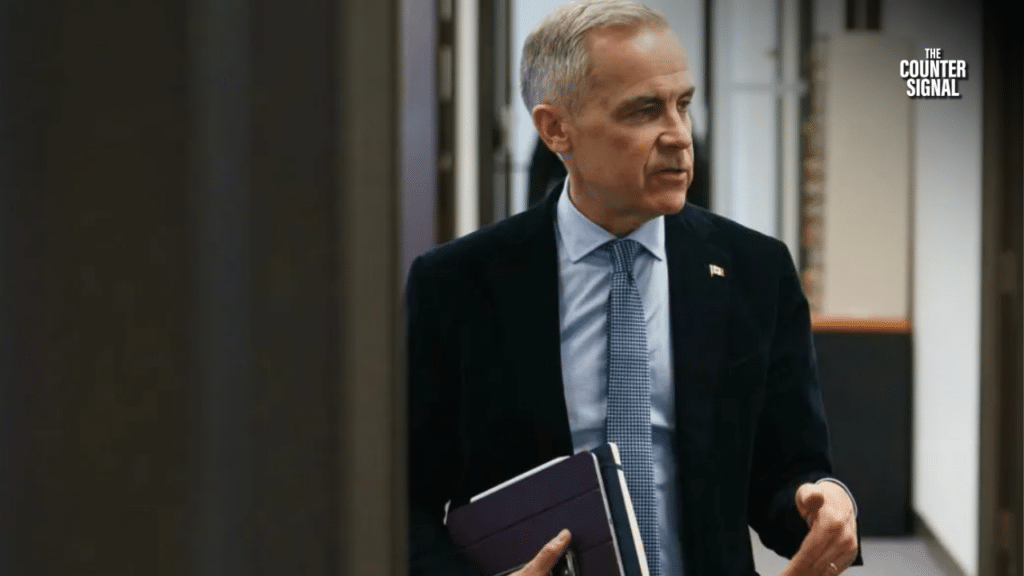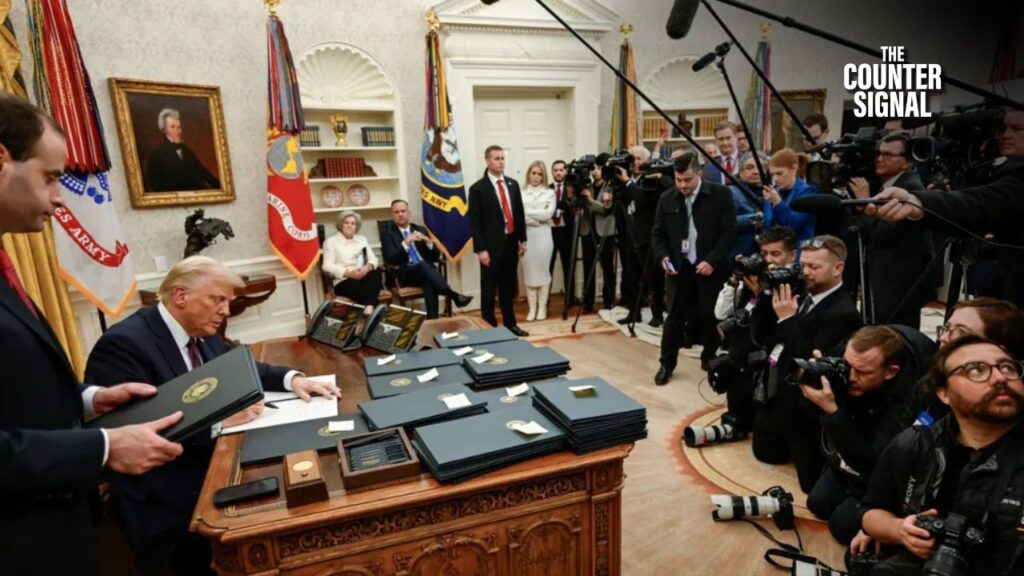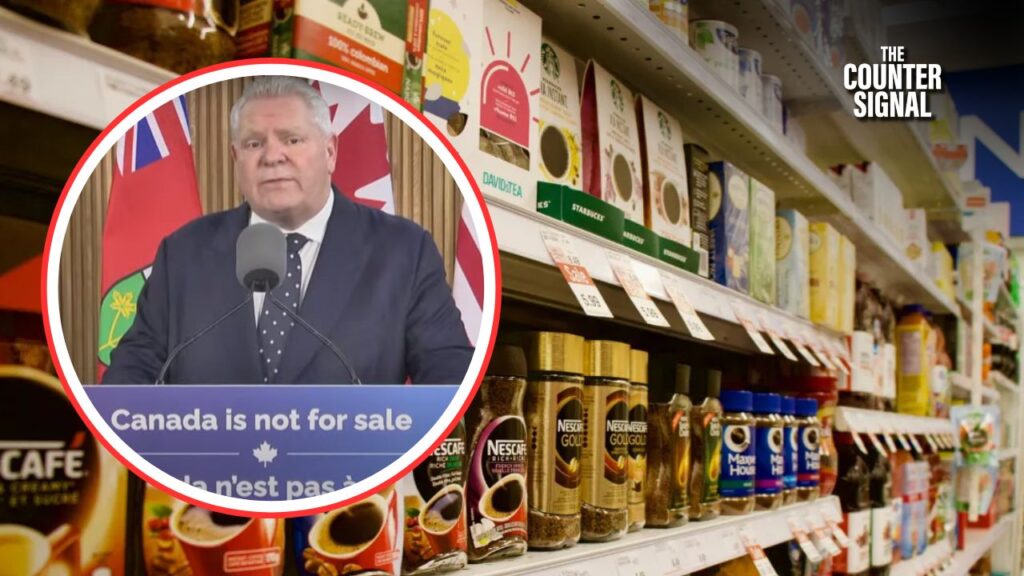Canadians have voted the Freedom Convoy as the biggest news story of the year. But in 2022, The Counter Signal closely followed Covid-19 vaccine clawbacks, suspensions and policy changes. Below is a recap of these critical stories you don’t want to miss.

Denmark
On August 9, Denmark announced that it was ending Covid-19 vaccination for those under 18.
Danes wanting their first shot were cut off after July 1, and no one in the age group, aside from those considered “high risk,” was allowed to get a second shot after September 1.
“Children and adolescents only very rarely become seriously ill from COVID-19 with the omicron variant,” a government statement reads.
On September 14, Denmark announced most people under 50 were no longer eligible for a vaccine.
“The purpose of vaccination is not to prevent infection with covid-19, and people under 50 are therefore currently not being offered booster vaccination.”
The government said people under 50 are generally not at high risk of becoming severely ill from COVID.
“In addition, younger people aged under 50 are well protected against becoming severely ill from covid-19, as a very large number of them have already been vaccinated and have previously been infected with covid-19, and there is consequently good immunity among this group.”
Under the new regulations, Danes under 50 are inoculated only if they are at high risk of becoming severely ill from Covid, including those with an impaired immune system, people working in healthcare and those working with seniors.
As the year comes to a close, these regulations are still in place.
UK
On September 9, the UK government announced that Covid vaccines are no longer available for children under 12, saying kids don’t need it and likely already have natural immunity.
“The immediate benefits of vaccination in this age group are likely to be small because children are at low risk from COVID-19 infection, and by February 2022 almost all children in this age group will already have been infected with COVID-19,” a September 4 government statement reads.
The statement also said infection from the Omicron variant is particularly mild and that immunity conferred by the leaky vaccines is short-lived.
Kids will only be offered a COVID vaccine if they’re in a high-risk group.
Children who turned five in September and under 12 are technically only eligible for the vaccine if they’re considered “high risk” or living with someone with a weakened immune system.
However, it appears authorities aren’t vetting parents for proof.
“You do not need to take any evidence, but it could help to bring a copy of the NHS invitation sent to the person they live with who has a weakened immune system,” the National Health Service states.
On December 6, the UK’s Medicines and Healthcare products Regulatory Agency approved a low-dose Pfizer vaccine for babies six months to four years. However, despite having regulatory approval, the Joint Committee on Vaccination and Immunisation has yet to recommend it.
Australia
On November 14, the Australian government said vaccine risk is too high for people under 30.
The Australian government said the risk of myocarditis from a Covid booster might be greater than the novel coronavirus, so it won’t allow people under 30 to get a fourth vaccine.
“In males aged 16-40 years, it is uncertain whether the risk following COVID-19 remains higher than the risk following vaccination,” the government said.
These regulations are still in place. As a result, healthy adults under 30 cannot receive a fourth Covid vaccine. Adults between 30-49 may get a 4th vaccine if they want, and those 50+ are recommended to get one.
Canada
As for Canada, the federal government recommends everyone six months and older get a Covid vaccine every six months.
According to a December 16 update, 77% of Canadians have not done so in the last six months.









